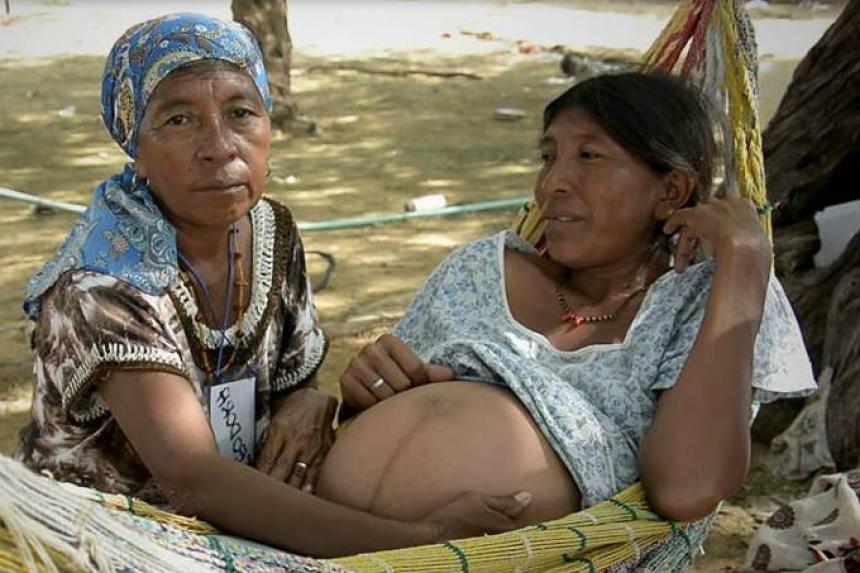Americas
Colombia
South America
A marriage of midwives and modern medicine brings babies into the world
Indigenous mothers and their unborn babies in northern Colombia have suffered greatly from internal displacement. Being displaced often means not having access to critical basic healthcare, and that is exactly what pregnant mother's need the most! So to counter this and to help women enjoy their pregnancy, rather than worry about the health of their baby, we are supporting efforts to ensure expectant mothers in La Guajira and Magdalena receive pre- and post-natal medical care from skilled midwives! This way, mom and baby both get a clean bill of health during the most critical time of their lives!
With our support, our partner on-the-ground, Malteser Colombia, is doing something wonderful! For the last several months, staff are working with staff from the Baylor College of Medicine Children's Foundation Colombia; the Ministry of Health for the Department of La Guajira; the Secretary of Health for Riohacha; and local healthcare experts, and offering for midwives in the region a midwifery skills development course to better provide care for pregnant women.
While some midwives in the program have some knowledge of the Western technique of bringing babies into the world, many of the women learned from wise female elders responsible for birthing babies in their communities for many years, and have passed on their experience from generation to generation. So, to meld traditional and modern medicine, selected midwives are participating in a unique cultural exchange and knowledge sharing process where traditional practice meets western medicine.
The training program complements their traditional knowledge and skills by introducing modern healthcare techniques, OB/GYN equipment, pediatricians and social workers. This helps mom and baby, of course, but it also helps to empower local midwives in their area of expertise.
The ultimate goal of the training program is to enhance the skills of traditional birth attendants and midwives, so that they are well equipped to aid expectant mothers during the pregnancy process and mothers and to reduce maternal mortality rates in the most marginalized communities in the region.
While the program has only just begun, midwives in northern Colombia are deepening their traditional knowledge and optimizing midwifery in their communities. Most of all, indigenous mothers and their unborn babies will now have access to the healthcare they desperately need.
